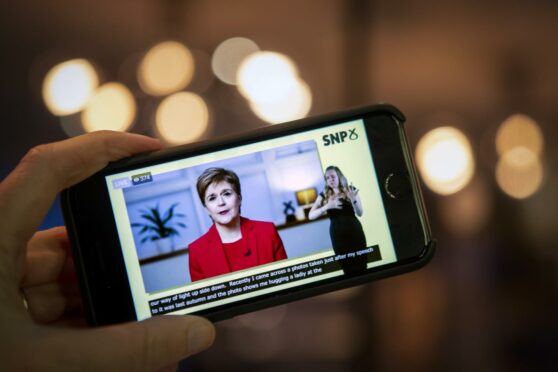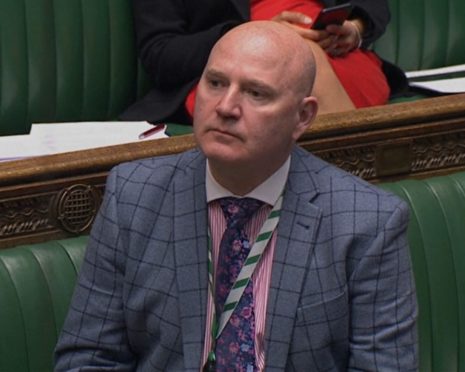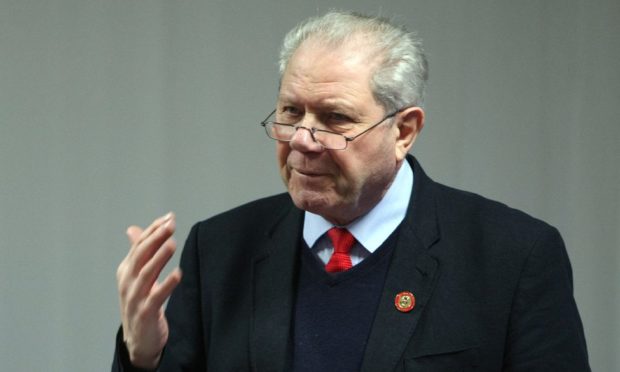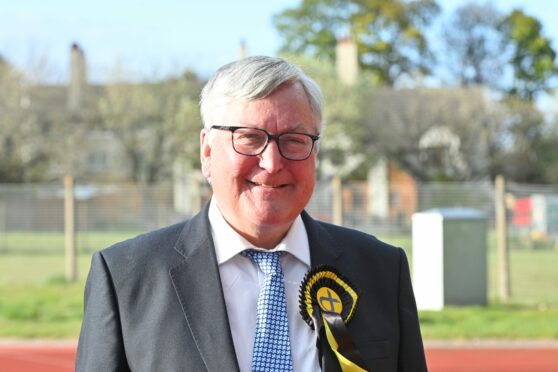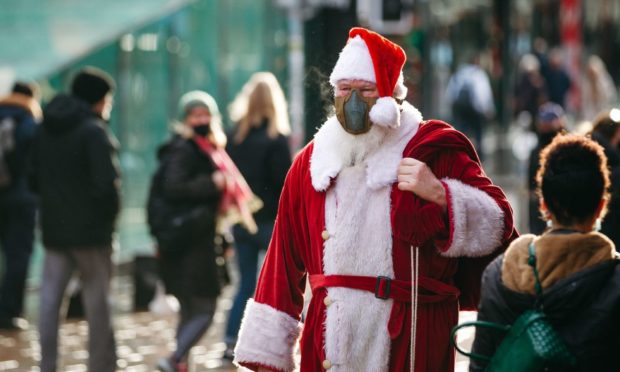Nicola Sturgeon rounded off the latest SNP annual conference by announcing new welfare policies, pledging to focus on the fight against Covid – and committing to another independence referendum by the end of 2023.
Held over four days online because of the Covid pandemic, events were overshadowed by the emergence of another coronavirus strain, the omicron variation.
Ms Sturgeon, the SNP leader, was forced to respond to the developing crisis – but she also told her supporters Scots will get a second vote before 2024.
As well as the obvious constitutional wrangling, what else emerged from Scotland’s largest political party gathering?
Currency plan a ‘dangerous experiment’
The party passed a motion on Scotland adopting its own currency “as soon as practicable” should the country vote for independence.
The move defied party leadership plans to use the pound regardless, known as “sterlingisation”.
Controversial SNP economist Tim Rideout won membership support in favour of setting up a new Scottish currency and Central Bank.
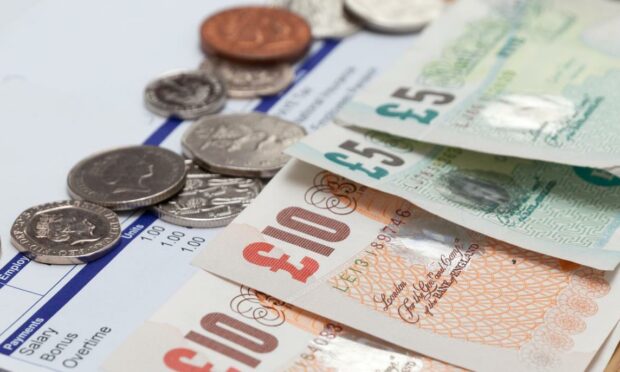
He called plans to continue using the pound after independence a “dangerous experiment” and claimed plans to continue using sterling was a “zombie”, which he hoped now had “a stake through its heart”.
Mixed-up horror tropes aside, the proposals fly in the face of what the SNP said they would do in the 2014 referendum — continue to use the pound.
An amendment that the “best practices” of other countries which established their own currency as to “reassure” voters haven’t convinced everyone.
Unionists took the chance to respond.
Pamela Nash, chief executive of pro-UK group Scotland in Union, said: “The only way to keep the pound and protect people’s finances is to remain part of the UK.”
Veteran Nationalists are not all happy
For some, the promise of another referendum by the end of 2023 is not enough.
Previous party members and former leaders all had their say as the conference took place.
Alex Salmond’s Alba Party want to know what will happen if and when Boris Johnson says “no” to Scotland being allowed a second vote.
The party’s leader at Westminster, Kirkcaldy and Cowdenbeath MP Neale Hanvey, said: “Giving notice of an intention to begin a process that should have begun long ago is one thing, delivering a referendum in the face of Westminster intransigence is another.”
He says the independence movement needs a “clear strategy”, adding: “Scotland as a sovereign nation should not be seeking permission to hold a referendum but asserting its right to do so.”
Former cabinet minster and MSP Alex Neil claimed the SNP was showing “no sign” of doing the “hard work” needed to convince voters on independence.
Former party deputy leader Jim Sillars, following current deputy first minister John Swinney’s speech, had a withering put down.
He said: “John could not set the political heather on fire with a can of petrol and a lighted torch.”
Child benefits and a problem for Tories
An eye catching policy was announced in the closing speech: The SNP Government is doubling the child payment as part of efforts to eradicate child poverty.
Ms Sturgeon made the commitment in the wake of the Conservative UK Government’s withdrawal of the £20 uplift to Universal Credit, a move which creates a political problem for Conservatives forced to explain.
The Scottish Child Payment will now go up to £20 per week, but Ms Sturgeon did note the money would have to be found elsewhere in the Scottish budget.
The increase was welcomed by Scottish Labour and charities including Oxfam, Engender and Save the Children – who say it will make a “huge difference” to families across Scotland.
The Scottish Greens claimed credit too, saying it came about after discussions on the “coalition” government.
Oil problems won’t go away
As predicted, one of the largest sticking points continues to be how the SNP handles the transition from being fossil fuel reliant economy.
The first minister inflamed some SNP figures in the north-east with her decision to come out against future drilling in places such as the Cambo oilfield off Shetland.
Former SNP Government minister Fergus Ewing, the MSP for Inverness and Nairn, became one of the most senior SNP figures to clash with the new policy on oil and gas.
He warned a U-turn on the industry would risk the economy, environment and party votes, particularly in the north-east.
Ms Sturgeon re-announced a North East Transition Fund, but provided little detail on what it would involve, other than blaming the Conservative government solely for the Scottish carbon capture cluster bid not being successful.
Covid is still the country’s focus
“For goodness sake, get vaccinated”, exclaimed the first minister, determined not to let the entire conference become consumed by the news of a new Covid variant.
She highlighted figures released over the weekend which showed 27,000 deaths had been avoided in Scotland as a result of the vaccine-rollout — one of the highest in Europe according to the World Health Organisation.
So far it looks like Christmas can continue as promised, with Ms Sturgeon saying she’s desperate to see her family round the table for the first time since 2019.
Her promise of a second vote on independence had a caveat, the referendum can only take place “Covid permitting”.
As well as continuing to call people to take up their jags, the first minister implored people to take tests more frequently, wear masks in public and follow government instructions.
The morning of her speech, Ms Sturgeon held a press meeting on the new omicron strain, calling for stricter measures alongside the Welsh first minister Mark Drakeford.
In a clear sign the emergency is still the focus for the wider public, Ms Sturgeon claimed: “Steering the country through this winter is my priority. It is my duty.”
Her political opponents were quick to hammer home that point.
